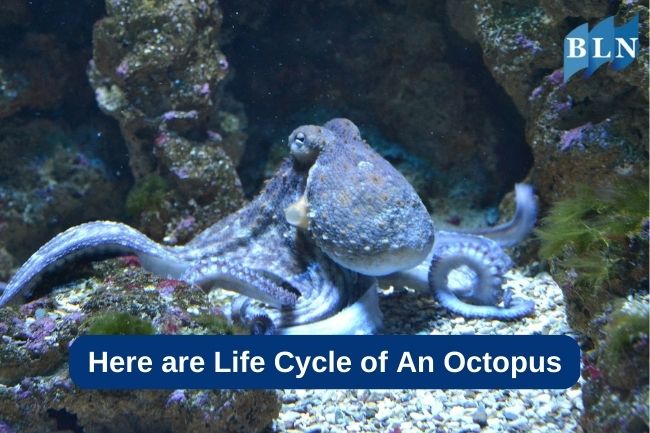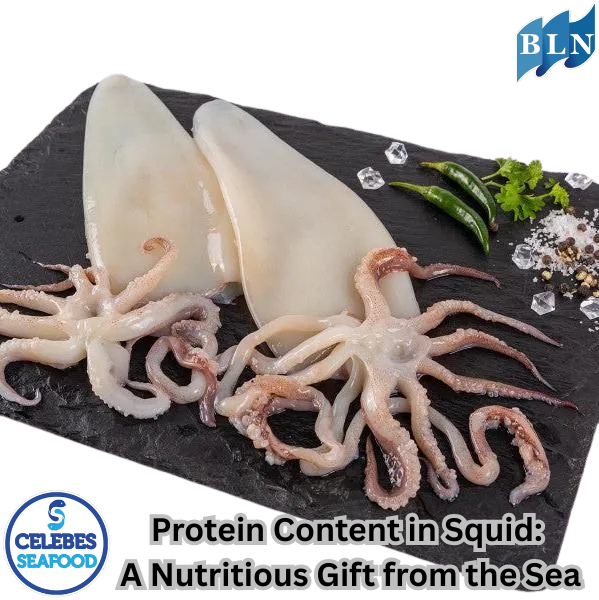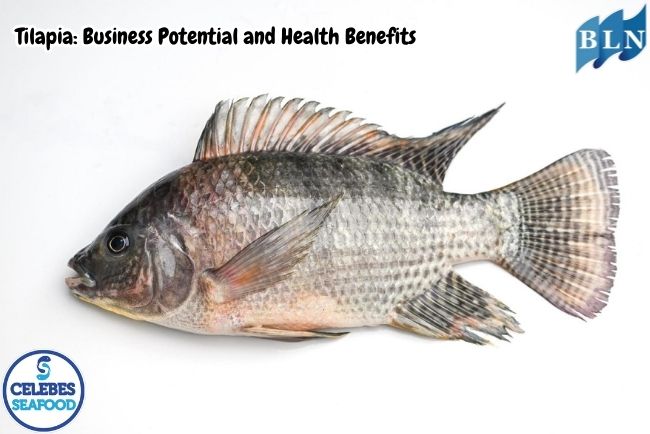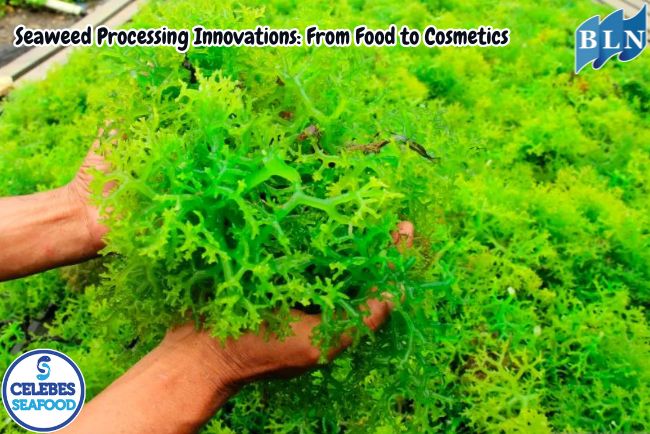Here are Life Cycle of An Octopus
By. Nevanda - 06 Mar 2023
lautnusantara.com - Octopus is an eight-armed marine invertebrate that belong to cephalopods groups and under the order Octopoda. Their size can be vary depend on their species, the smallest is just 5 cm long and the largest can be up to 6 metres long. The octopus are generally found in all ocean around the world, mostly in warm tropical waters.
Let’s look into octopus life cycle to get know this animal better.
Read also: Trawl in Fishery
1. Egg stage
After the fertilization happened, the octopuses will lay their eggs in a tiny holes under rocks. Their eggs measurement is about 0.3 cm long, and in general octopuses can lay more than 10,000 eggs. Female octopus will regularly cleans their eggs using her sucker until the eggs hatch. At this stage, female octopus is known to protect the eggs with her life, they even would not eat any food in order to keep the eggs safe.
Octopuses are semelparous animals, which means they only reproduce once in their lifetime and the they die. After female octopus lays a clutch of eggs, she will quits eating and by the time her eggs hatch, she dies.
2. Larval stage
The octopus eggs will hatch after four to eight weeks of development. After the eggs hatch, the newly emerged octopus larval are called octopods and are all on their own. Octopuses larval will drift in the water column like plankton for a long period before going to the bottom of the ocean. At this stage, octopus larval feed on other planktonic larval, like crabs larval, starfish larval and lobsters larval. The octopus larvae will feed on plankton for a long time and frequently. After some time, these larvae will swim down to the bottom of the ocean.
Read also: Reef Sharks: Who Are They?
3. Juvenile stage
At this juvenile stage, octopuses start to develop at rapid speed. It is caused by their constant feeding habits and are able to increase their weight by 5% every day. At the end of their life, octopuses can weigh one-third as much as the food they have eaten. Octopuses have short life expectancy, so if the circumstances are suitable then the larval octopus could enter the adult stage of its life.
4. Adult stage
When the octopuses reach this stage, they are sexually mature and ready to mate. Male octopus has a modified arm, known as hectocotylus, to deposit sperms into the female’s mantel cavity. The male octopuses will die shortly after mating, while the female will die after the eggs are hatched. Some species of octopuses are able to store their sperms for several weeks after mating.
Read also: Anadromous and Catadromous Difference






.jpg)

